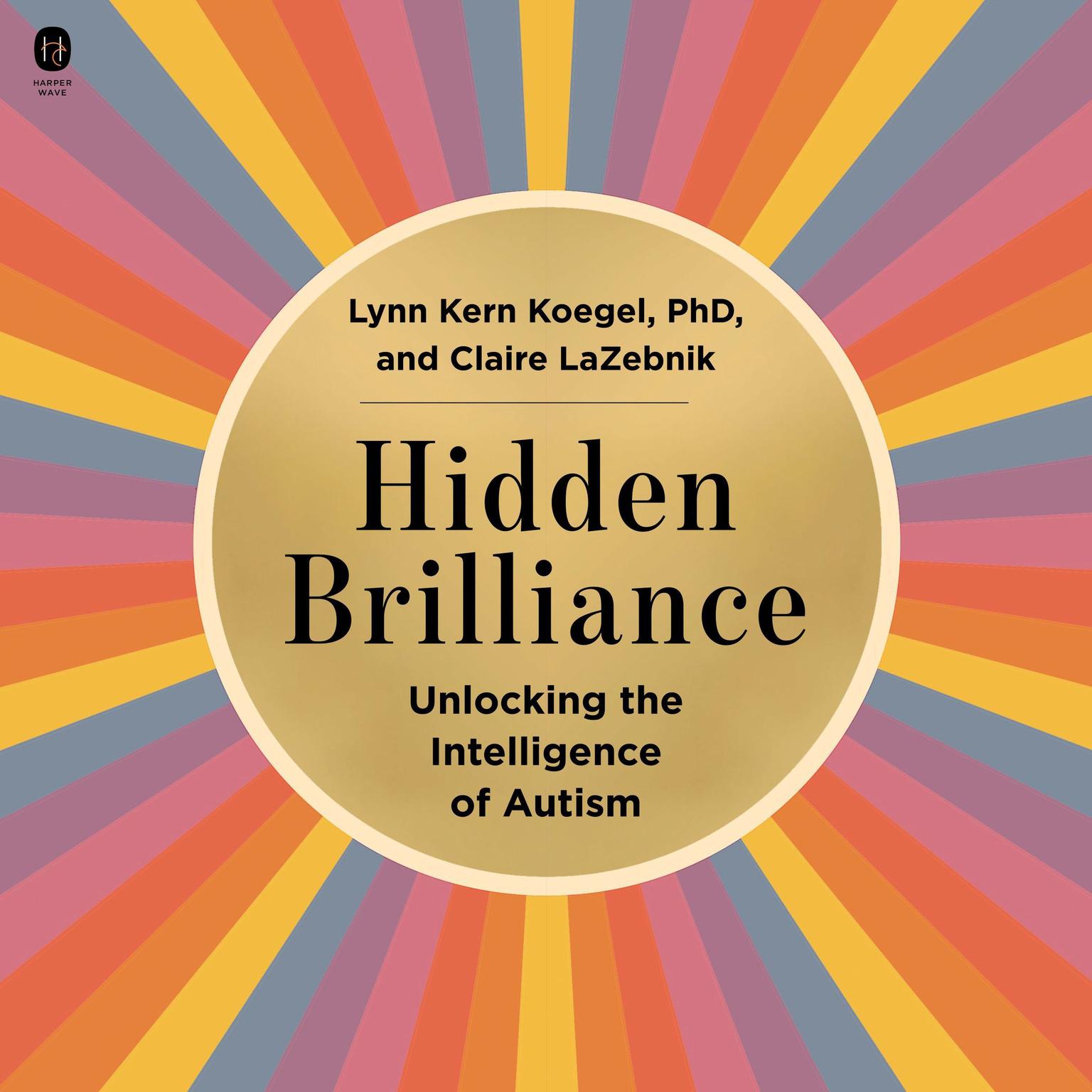Tags
ADHD adolescence attention autism book review book reviews boundary conditions classroom advice conference speakers constructivism/direct instruction creativity desirable difficulty development dual coding elementary school embodied cognition emotion evolution exercise experts and novices gender high school homework intelligence long-term memory math methodology middle school mindfulness Mindset motivation neuromyths neuroscience online learning parents psychology reading retrieval practice self-control skepticism sleep STEM stress technology working memoryRecent Comments
- Book Club Materials for Just Tell Them – Education Rickshaw - Metro Health News on Just Tell Them: The Power of Explanations and Explicit Teaching...
- How to Present at a Conference... |Education & Teacher Conferences on Enjoyment or Skill? The Case of Reading
- How to Present at a Conference... |Education & Teacher Conferences on Do *Goals* Motivate Students? How about *Feedback*?
- Roberta on Seriously: What Motivates Teachers to Be Funny?
- Revisiting the "Handwriting vs. Laptops" Debate: More Moving Goalposts |Education & Teacher Conferences on Handwritten Notes or Laptop Notes: A Skeptic Converted?
ABOUT THE BLOG

A Smartphone Has, and Is, a Mirror Function
A recently published study looks at the role that ADULTS play in their children’s phone…

Hidden Brilliance by Lynn Kern Koegel & Claire LaZebnik
As parents and educators, we often find ourselves trying to mold children into the expectations…

Again with the Questions (Second of a Series)
Three weeks ago, I started a short series of blog posts about asking questions. After…

The Great Exam Debate: A Conversation with a Colleague
A colleague recently reached out to ask me about research into the benefits and perils…

Do Gestures Improve Learning? Baby Steps Toward a Conclusion
The idea that “gestures improve learning” has be increasingly popular in recent years. I first…
